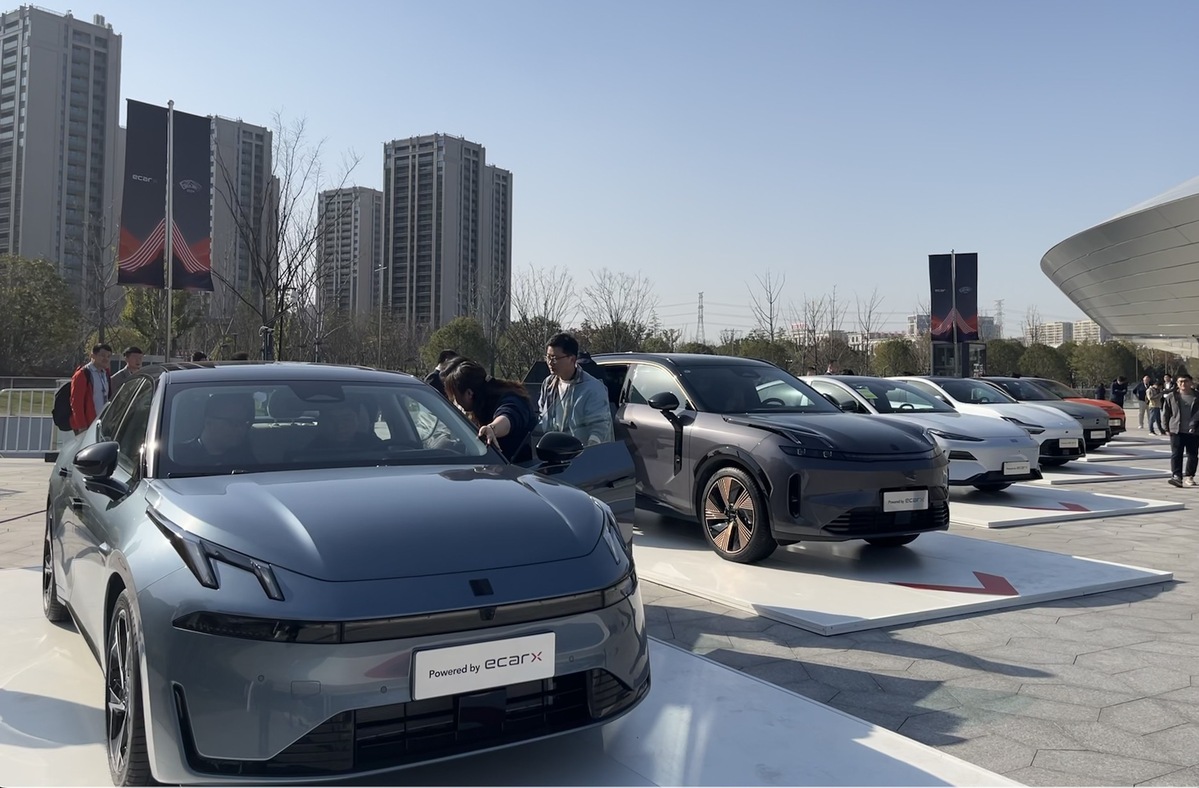Car sales satisfaction falls in China, finds J.D. Power


Consumer satisfaction with auto sales services in China has declined for the first time in eight years, according to a J.D. Power report released on Thursday.
The 2025 China Sales Satisfaction Index Study, which surveys owners of new fuel vehicles two to six months after purchase, shows the industry average score dropped three points to 758 out of 1,000.
The study is based on responses from 9,773 respondents in 81 cities who purchased their cars between July 2024 and March 2025.
Luxury brands scored 762, down five points from the previous year, while mass-market brands dropped two points to 757, narrowing the satisfaction gap between the two segments from eight to five points.
Land Rover ranked highest among luxury brands with 775 points, ahead of Audi (772) and Porsche (767). GAC Honda led among mass-market brands with 779 points, followed by Dongfeng Honda and GAC Toyota, both at 776.
In the domestic segment, Chery topped the list with 766 points, ahead of GAC Trumpchi (765) and Changan and Haval, tied at 760.
The study found that digital interactions ahead of dealership visits were a key weakness, scoring lowest among all stages of the purchase journey.
Pre-visit communication and initial reception at dealerships also registered sharp declines in satisfaction among so-called "defector" customers — those who considered but did not purchase a particular brand.
Their average satisfaction fell by 24 points, compared with a 5-point drop in 2024. Mass-market brands saw a 26-point drop, with pre-visit and reception scores down by 32 points each.
"The consumer decision-making process is faster and more informed than ever," said Ann Xie, general manager of the digital retail consulting practice at J.D.Power China.
"A seamless, data-driven customer journey — from online inquiry to offline experience — is now critical not only for sales conversion, but for generating brand advocacy," she said.
The report also noted a rise in intent to purchase new energy vehicles among fuel vehicle owners, from 15.7 percent last year to 21.4 percent in 2025.
However, more than half of those buyers ultimately abandoned their interest before setting foot in a dealership, citing issues such as slow response times, poor needs assessment, and lack of available models.
Poor dealership interactions were cited more frequently this year as reasons for abandoning NEV purchases.
Overall, 76.4 percent of buyers entered dealerships with a clear brand or model preference, up seven percentage points from 2024.
More than half of transactions were completed within one week of the first dealership visit, up from 40 percent last year — underscoring the need for faster, more targeted sales engagement.




































